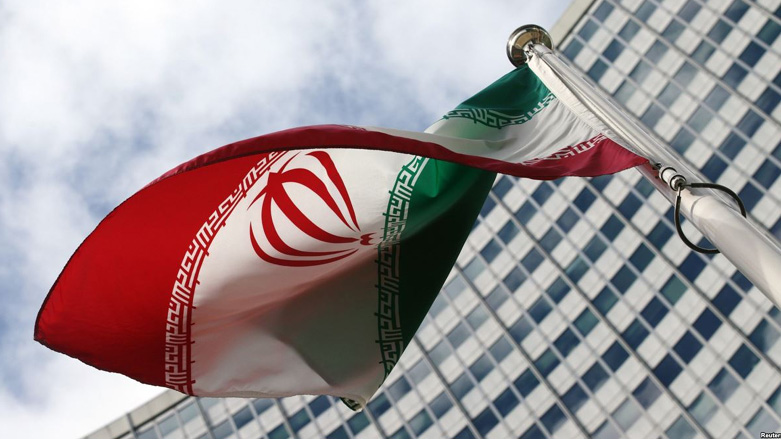'Iran Action Group' to coordinate US steps against Iran

WASHINGTON DC (Kurdistan 24) – Secretary of State Mike Pompeo announced to reporters on Thursday that he was establishing an “Iran Action Group” to coordinate “all aspects of the State Department’s Iran- activity.” The new group is to report directly to him.
The announcement underscores the high priority that the Trump administration places on countering Iran, even as Pompeo presented US objectives in terms of changing the regime’s behavior rather than overthrowing it.
Brian Hook, currently the State Department’s Director of Policy Planning, will head the new unit with the title of “Special Representative for Iran.”
He has long dealt with Iran-related issues, Hook told reporters, explaining that his work on such matters began already in 2006, when he was an adviser to Amb. John Bolton, who is now the US National Security Adviser, but in 2006, was the US envoy to the United Nations. Bolton is well-known as a hawk on Iran.
Whereas the Obama administration focused almost exclusively on Iran’s nuclear program, the Trump administration is taking a more “comprehensive approach,” Hook said, “because the scope of Iranian malign activity is so wide-ranging,” and includes Iranian attempts to acquire nuclear weapons; support for terrorism; cyber activity; as well as its ballistic missile program.
Hook said that Iran spent “billions and billions of dollars” on supporting Bashar al-Assad’s regime in Syria, as well as Shia militias – including Lebanese Hezbollah – and one major purpose of the new US sanctions was to cut Iranian funds for such activities.
Both Pompeo and Hook emphasized that the US would work with other countries. Hook revealed that he had just returned from London, where he had met with senior officials from Germany, France, and Britain “for productive discussions on Iran.”
The US imposed one set of sanctions on Iran earlier this month, dealing with the import of Iranian metals and automobiles. The more important sanctions, however, are set to take effect on November 5 and will include Iran’s oil, financial, and shipping sectors.
If other governments continue that kind of trade with Iran, “we are prepared to impose secondary sanctions,” Hook affirmed.
However, he did reveal a bit of flexibility in the US position, saying, “We are prepared to work with countries that are reducing their imports on a case-by-case basis.”
A number of key countries have said they will not abide by the new sanctions, however.
They include Turkey, whose Foreign Minister affirmed, again, on Tuesday, that Ankara would not abide by these sanctions.
And Iraqi Prime Minister, Haider al-Abadi, after first saying that his country would reluctantly follow the new US sanctions policy, said on Monday that Iraq would continue to trade with Iran, although it would not use dollars for such transactions.
When Kurdistan 24 asked State Department Spokesperson Heather Nauert about that on Tuesday, she responded, “You know our concerns about Iran and about trading with Iran, and we will continue to hold countries accountable for any violation of sanctions.”
Several Iranian-backed militias in Iraq have voiced impassioned opposition to any Iraqi participation in the new US measures.
They include Asa’ib Ahl al-Haq, which won 15 seats in Iraq’s May 12 elections and is likely to be a part of Baghdad’s next governing coalition.
Following Abadi’s first remarks – that Iraq would abide by the US sanctions – the pro-Iranian militia issued a statement denouncing Abadi, while affirming, “This position is not binding on the next government.”
Editing by Nadia Riva
